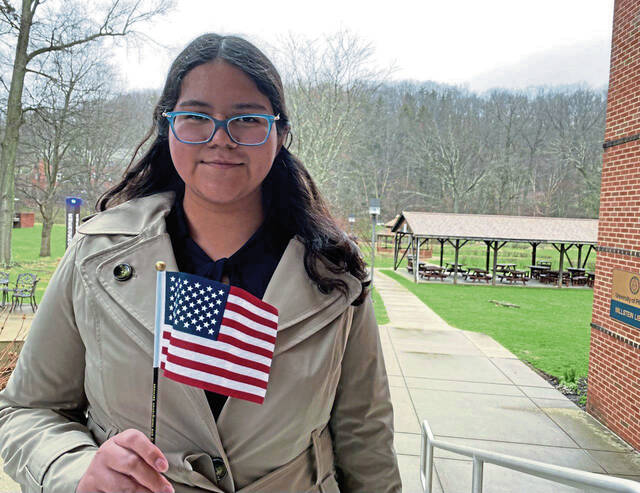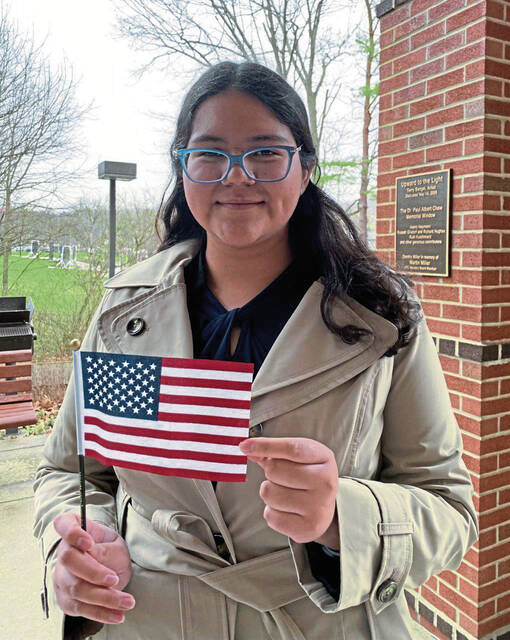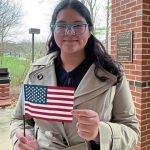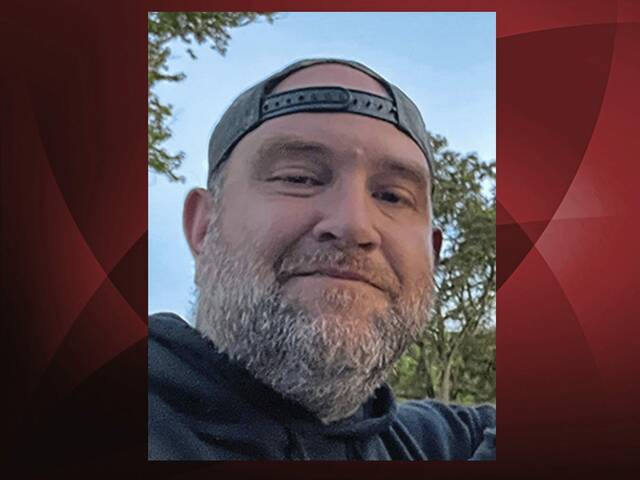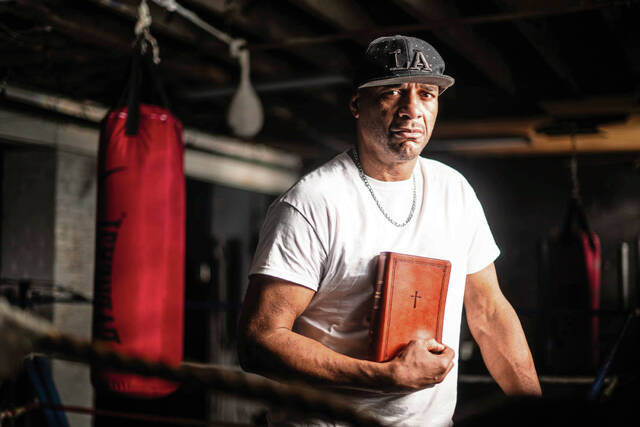As a political science major, Juliet Montes Duran dedicates her time to learning about local, national and international governments.
Until last week, however, she couldn’t participate in the government of the country she grew up in. The sophomore at the University of Pittsburgh at Greensburg became a naturalized U.S. citizen March 24.
Montes Duran, 20, now can vote and become an elected official in the United States, among other benefits of citizenship.
“I feel so accomplished to finally be able to say, ‘Yes, I can vote. Yes, I’m a U.S. citizen,’ ” Montes Duran said.
Born in Mexico, Montes Duran moved to Louisiana with her family when she was 5. Three of her siblings also have gained citizenship. Her mother is studying to become a citizen.
U.S. citizenship always has been important to Montes Duran, who wanted to become “part of this country officially.”
Nearly 614,000 people became naturalized U.S. citizens during fiscal year 2020. That was the fewest in a decade, though the pandemic delayed many ceremonies, according to the Migration Policy Institute. In fiscal year 2019, there were 843,600 naturalizations — of which 21,000 lived in Pennsylvania, according to federal data.
About 52% of U.S. immigrants are naturalized citizens, the institute reports. As of 2020, about 13% of naturalized citizens are from Mexico.
Montes Duran began her path to citizenship in October 2020.
Those who wish to become U.S. citizens must meet several requirements. Applicants must be at least 18 and must be a lawful permanent resident in the country for at least three to five years.
Once eligible, applicants then undergo a biometrics screening, which records their identities through photograph, fingerprinting and signature. Montes Duran completed her screening in Dallas.
Next comes the interview. Applicants are tested on their knowledge of U.S. politics and history, as well as their proficiency in English reading, writing and speaking.
Montes Duran, who completed her interview in Louisiana, said it “wasn’t that difficult.” She credited her U.S. upbringing and education for preparing her.
“I was privileged that I took (U.S.) social studies classes all of my schooling, and my major is political science,” she said.
If an applicant’s interview is successful, he or she must take the Oath of Allegiance to the U.S. Montes Duran took the oath with about 20 others in the U.S. Citizenship and Immigration Services Building in Monroeville.
Before taking the oath, the group sang the national anthem. Afterward, Montes Duran received her certification of citizenship, a small American flag and information on how to register to vote.
“I felt relieved that I had been able to accomplish this because it had been stressing me,” Montes Duran said.
She said her professors and friends have supported her throughout the process, adding that Pitt-Greensburg is a “very caring campus.”
Elizabeth Contreras, who teaches Spanish at Pitt-Greensburg, described Montes Duran as a “great student” with “so much potential.”
Contreras became a naturalized citizen in 2011 after living in the U.S. for 14 years.
“I know the effort,” she said. “It is effort – it’s not just something they give you. It’s a commitment.”
Contreras, who became a citizen to exercise the right to vote, said the path to citizenship emphasizes both citizens’ rights and responsibilities. Those include supporting and defending the Constitution and laws of the U.S., serving the country when required and tolerating one’s neighbors, according to USCIS.
“People tend to focus more on rights,” Contreras said. “Sometimes we tend to forget about responsibilities.”
The path to naturalized citizenship makes many people appreciate the U.S., Montes Duran said. Benefits could be taken for granted by U.S.-born citizens.
“I would like (U.S. citizens) to realize all the benefits they get,” Montes Duran said. “… I think they should be grateful they don’t have to worry about not being part of the country where they live.”
U.S. citizenship is a permanent decision. Contreras finds it “thrilling” every time an immigrant becomes a naturalized citizen.
“It’s for life,” Contreras said. “You take it seriously, and it changes who you are.”


